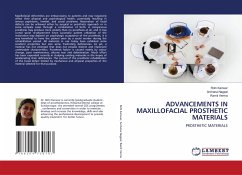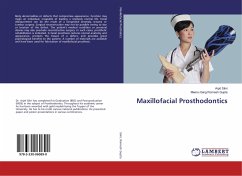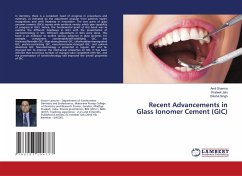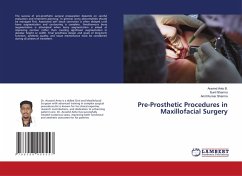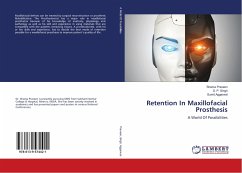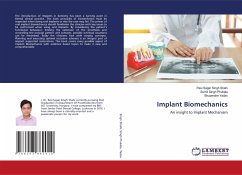Maxillofacial deformities are embarrassing to patients and may negatively affect their physical and psychological health, potentially resulting in serious psychiatric, familial, and social problems. Restoration of facial defects can be achieved either by surgical or prosthetic approach or in some complex cases through a combination of both. A conspicuous prosthesis may produce more anxiety than no prosthesis at all, and it may curtail social re-adjustrnent Since successful patient utilization of the restoration may depend on psychologic acceptance of the prosthesis, it is very beneficial to have the patient seen by a social worker during the rehabilitation period. All materials in use today have exhibited some excellent properties but also some frustrating deficiencies. As yet, a material has not emerged that does not possess distinct and important undesirable characteristics. Prosthesis failure is caused mainly by colour change, poor maintenance, silicone tear and delamination. Much effort has been expended recently in studying existing materials in the hopes of ameliorating their deficiencies. The success of the prosthetic rehabilitation of the facial defect limited by mechanical and physical properties of the material selected for that purpose.
Bitte wählen Sie Ihr Anliegen aus.
Rechnungen
Retourenschein anfordern
Bestellstatus
Storno

